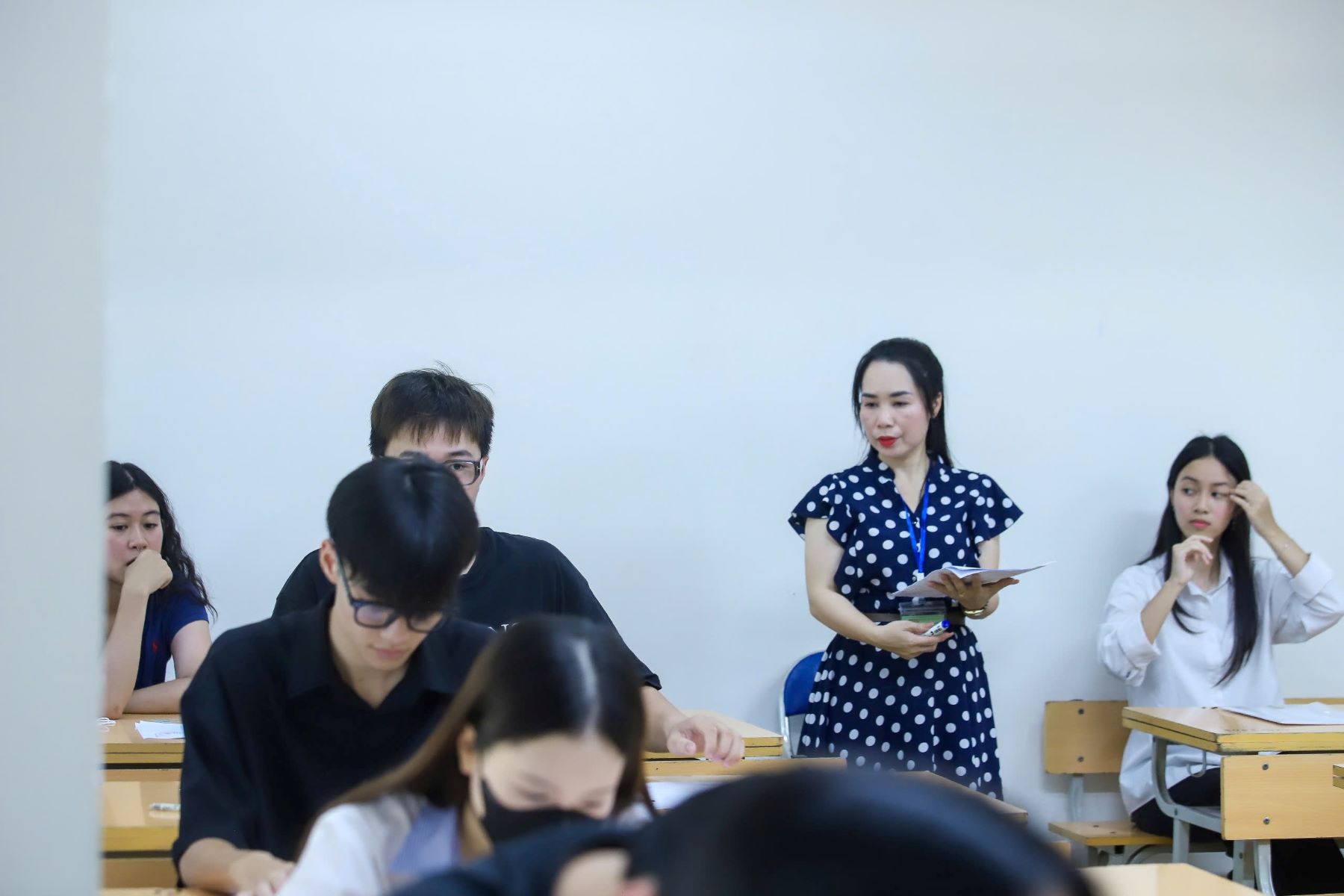Accordingly, this clearly states that teachers are assessed periodically every year or every school year; assess when changing job positions, appointment, dismissal, planning, training, fostering, considering rewards, discipline and implementing other regimes and policies according to the provisions of law and the regulations of educational institutions.
The content of the assessment for teachers will follow the professional standards of teachers and other relevant legal regulations. This issue will be regulated in detail by the Government.
The Law also states that the process and procedures for evaluating teachers in public educational institutions are implemented in accordance with the provisions of the law on civil servants and other relevant legal provisions. Meanwhile, the process and procedures for evaluating teachers in non-public educational institutions are implemented according to the regulations of educational institutions.

In addition to regulations on teacher assessment, according to the 2025 Law on Teachers, from January 1, 2026, teachers nationwide will enjoy many incentives such as salary policies and benefits.
Teachers' salaries are ranked highest in the administrative career salary scale system. In addition, receive additional allowances and other allowances according to the nature of work, by region...
Preschool teachers; teachers working in ethnic minority areas, mountainous areas, border areas, islands and areas with particularly difficult socio-economic conditions; teachers teaching at specialized schools; teachers implementing integrated education; teachers in some specific sectors and occupations are entitled to higher salary and allowances than teachers working under normal conditions.
Teachers working in sectors and occupations with special regimes are entitled to special regimes according to the provisions of law and are only entitled to the highest level if that policy coincides with the policy for teachers.
In addition, the 2025 Teachers' Law also stipulates policies to support teachers, including:
Subsidy regime according to the nature of work, by region;
Support training and fostering;
Supporting periodic health care and occupational health care;
Mobile allowances for teachers working in illiteracy eradication, universal education, secondment, enhanced teaching, inter-school teaching, teaching at schools;
Other support policies for teachers according to the provisions of the law on civil servants, the law on labor and other relevant legal provisions.
In particular, teachers working in ethnic minority areas, mountainous areas, border areas, islands and areas with particularly difficult socio-economic conditions; teachers teaching specialized schools; teachers implementing integration education; teachers teaching ethnic minority languages; teachers teaching to enhance Vietnamese for ethnic minority students; teachers teaching gifted subjects and arts are entitled to some support policies in the following policies:
To rent public housing according to the provisions of the law on housing or to be guaranteed collective accommodation when working in ethnic minority areas, mountainous areas, border areas, islands and areas with particularly difficult socio-economic conditions. In case the collective housing or public housing cannot be arranged, the housing rental will be supported at the level of public housing rental support according to the provisions of law;
To be supported with train and bus fares during working in areas with particularly difficult socio-economic conditions according to the provisions of law;
Allowance and subsidy regime according to subjects.









